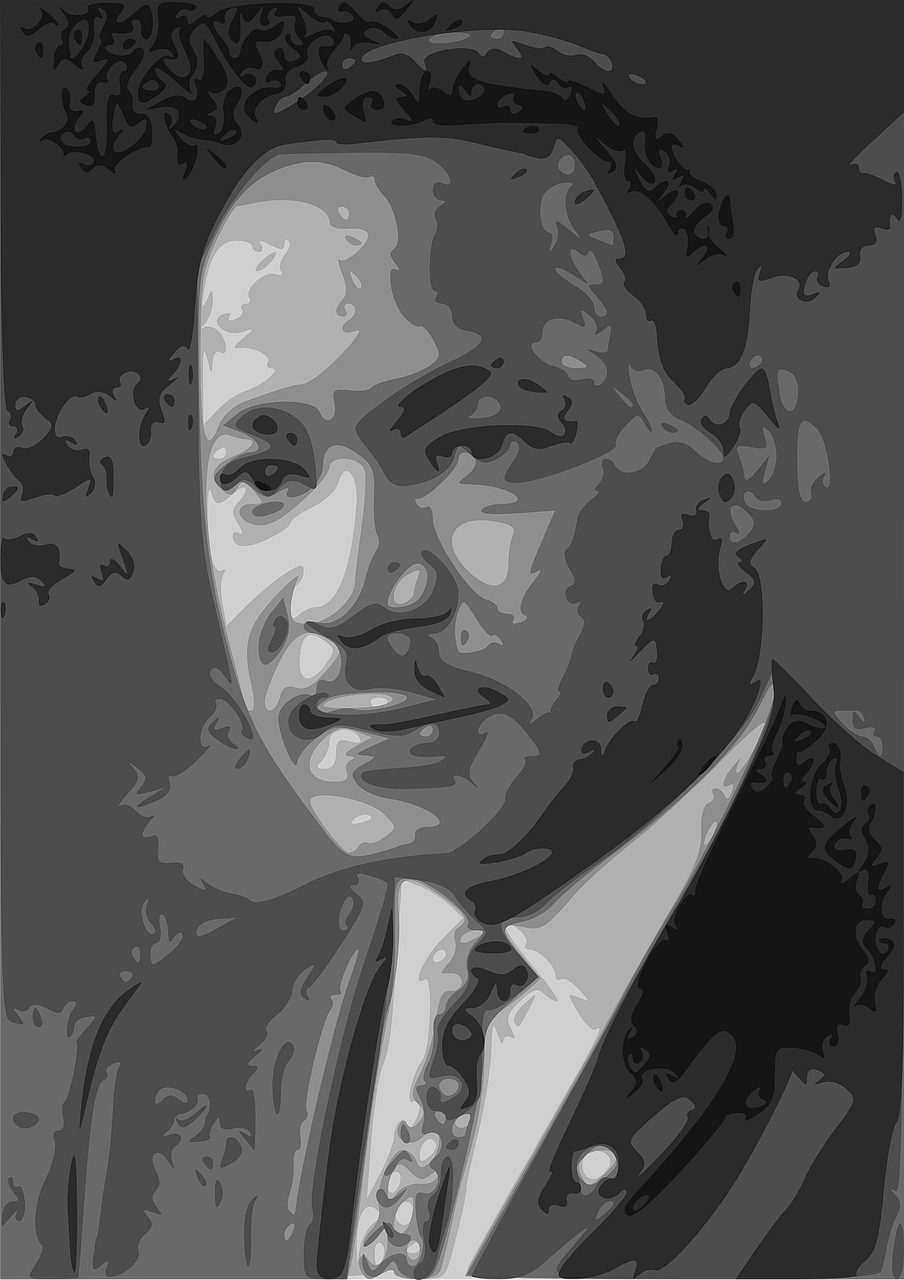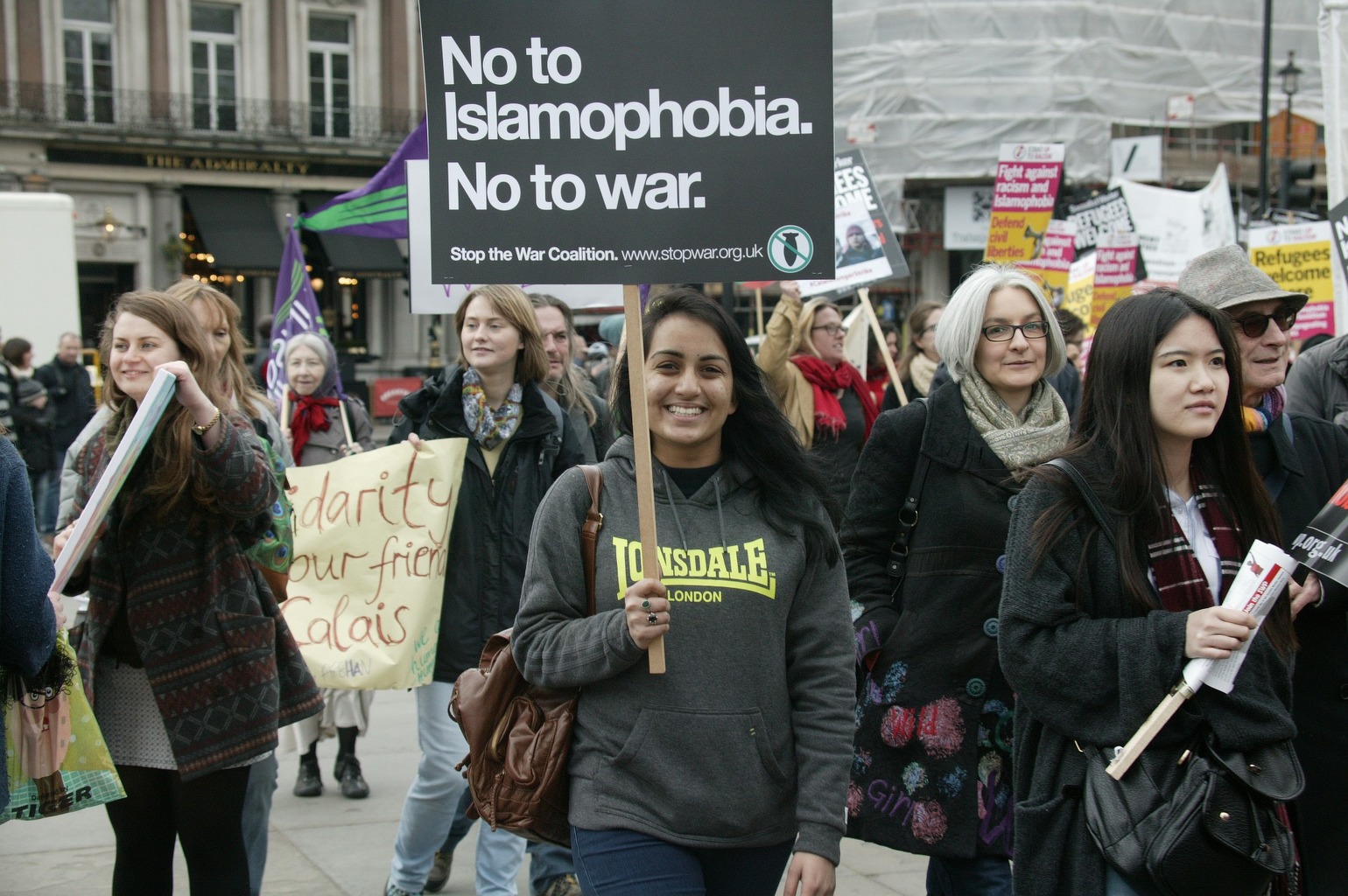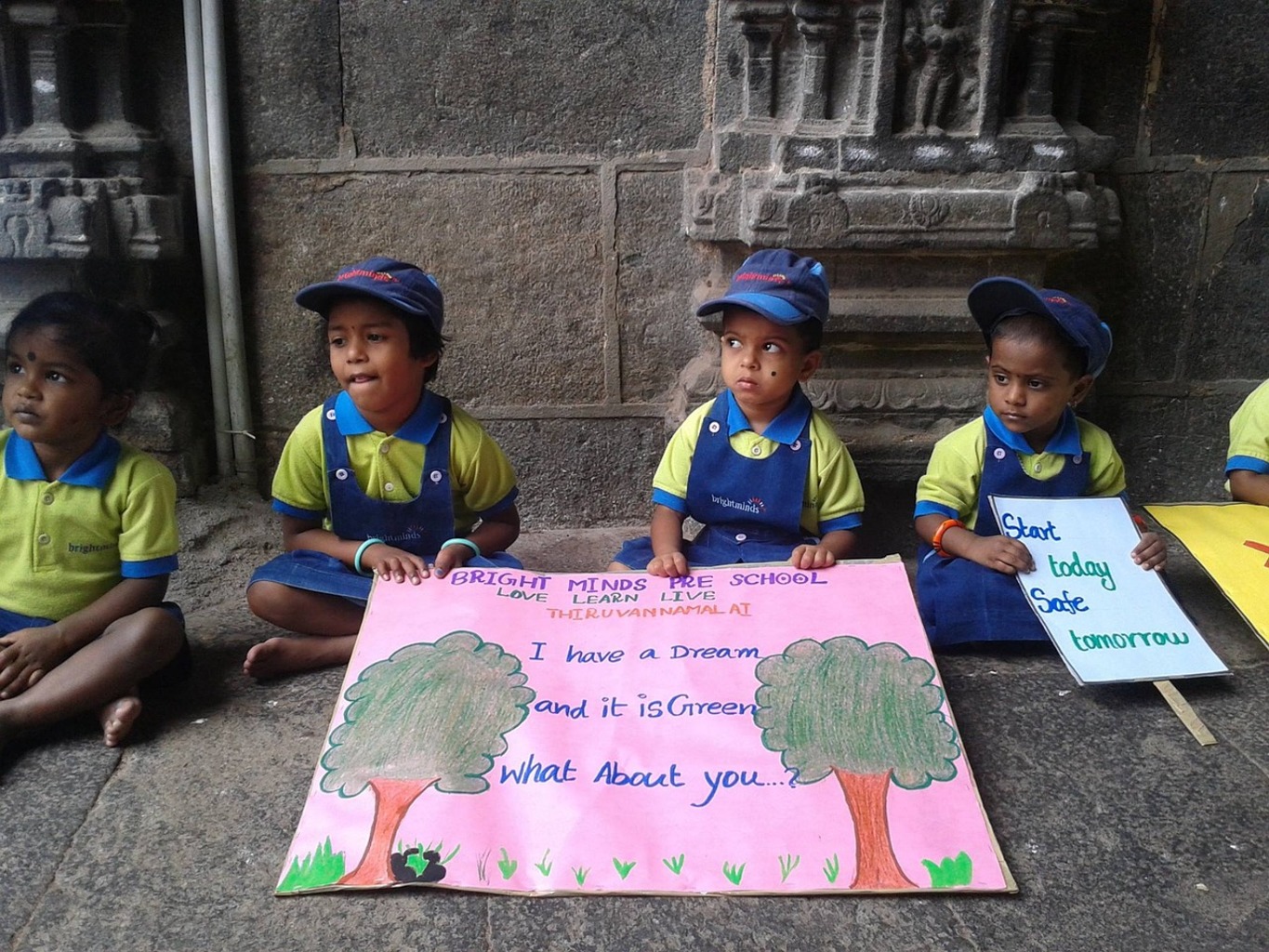THE RELATIONSHIP BETWEEN SOCIAL MEDIA AND ACTIVISM
Social media has become a valuable tool for activists. Grassroot movements have begun harnessing social media platforms, such as Twitter and Facebook, as powerful tools for the mass distribution of information. Thus a new form of activism is born. Social Media Activism is the term given to the use of electronic communication technologies for the purpose of inciting change or awareness about a certain cause. Popular examples of movements that have embraced social media activism include: the ALS Bucket Challenge, The Egyptian Revolution, Black Lives Matter, and Occupy Wall Street.
Thus, a new form of activism is born.
HOW ARE ACTIVISTS USING SOCIAL MEDIA
Black Lives Matter is an international movement that campaigns against systemic racism and violence towards the black community. The movement began in 2013 with the hashtag “blacklivesmatter”; a response to the acquittal of George Zimmerman who shot and killed an African American boy by the name of Trayvon Martin. Black Lives Matter garnered further political salience in 2014 after the deaths of two more African Americans Eric Garner and Freddie Gray.
The campaign has used social media in three main ways.
The first is as a source for live and uncensored information. They push back against media narratives they felt minimize or misrepresent their position through tweets and retweets. Twitter allows them to swiftly diffuse their message to a whole slew of people and has helped to create a loud and devoted following.
The second way in which Black Lives Matter employs social media is as a form of summoning. Twitter and Facebook help facilitate the organization and coordination of mass protests. These social media outlets call people to the streets in real time and equip the movement with opportunities to protest in ways traditional methods cannot.
The third way the Black Lives Matter movement utilizes social media is as homage to the victims of racial and systematic violence. Smartphones make it easy to take videos and to post and share them on social media platforms. As a result many people upload and share videos of racial and systematic violence. Footage of police harassment and shootings have circulated the internet and have helped to spawn outrage in people not just in the United States but throughout the world.
The Egyptian Revolution
The Revolutionaries in Egypt used social media in a similar manner to that of the Black Lives Matter movement. Protester Fawaz Rashed succinctly summed up the movements social media philosophy when he tweeted, “we use[d] facebook to schedule the protests, twitter to coordinate, and youtube to tell the world.” The creation of a Facebook page that honored a young man who was tortured and killed by the Egyptian police served, albeit unintentionally so, as another effective tool for the revolutionaries. The page amassed 100,000 followers over three days and fed fury into the community. Social media played an integral role in organizing protests and garnering sympathy to the Egyptian revolutionaries.
Social media is a tool, and a good one, but on it’s own will never engineer change
IS SOCIAL MEDIA ACTIVISM EFFECTIVE
While there is no argument that social media is a critical tool that helps to raise awareness and to organize mass movements, the scale to which it is effective in actualizing change is up for debate. Social media can create an “echo chamber” where people only communicate with others who hold their same opinions and values. It is designed in a way that negates deep engagement and encourages snappy decisions and sharp opinions. Online discussions can transform into hateful rhetoric in an instant and can further polarize and annihilate competing views.
Commitment levels are also muddled. There is a low bar of entry when joining Facebook groups, following Twitter accounts, etc., so while thousands of people may join or like a page only small percentage of those people take action. It is just as easy to disengage from a cause as it is to click on one. Social media can also become a hub for trolls and misinformation which can cripple a movement.
Social media platforms raise awareness with an efficiency and a reach that was not traditionally possible, however it is not a solution. Nor is it an alternative to protesting and taking physical action. It is a tool, and a good one, but on it’s own will never engineer change.
Bloomberg’s breakdown of social media’s impact on politics may be two years old but remains relevant in its focus on organizational capacity.


